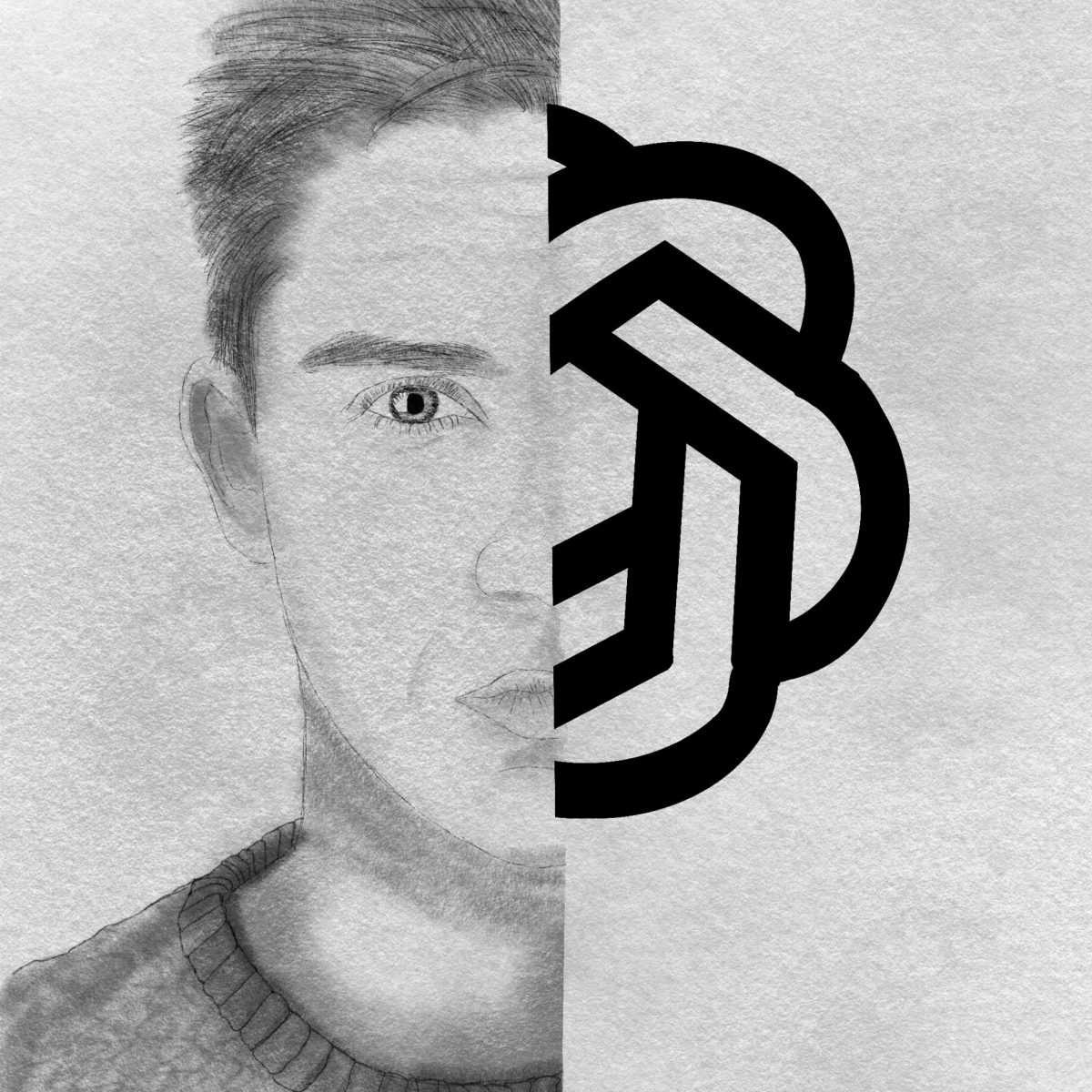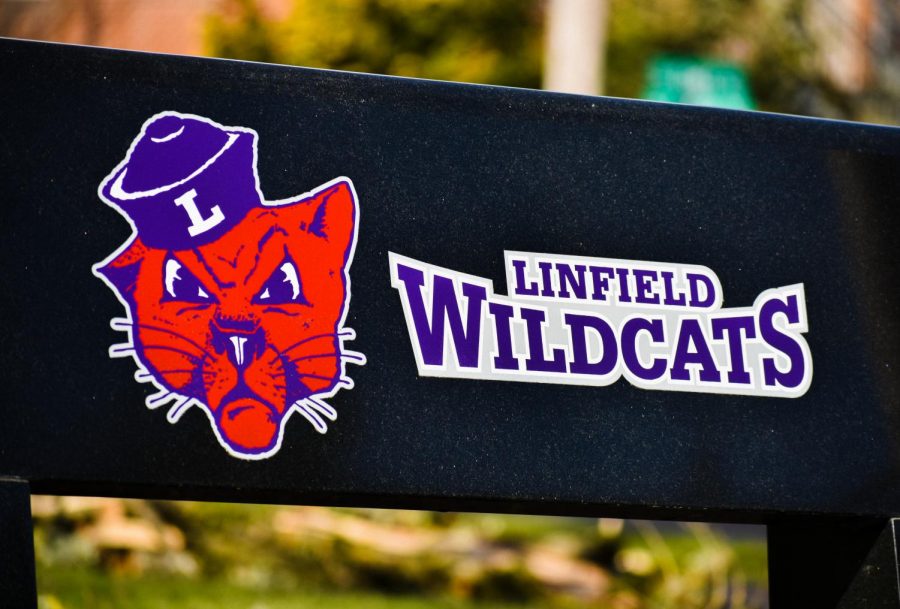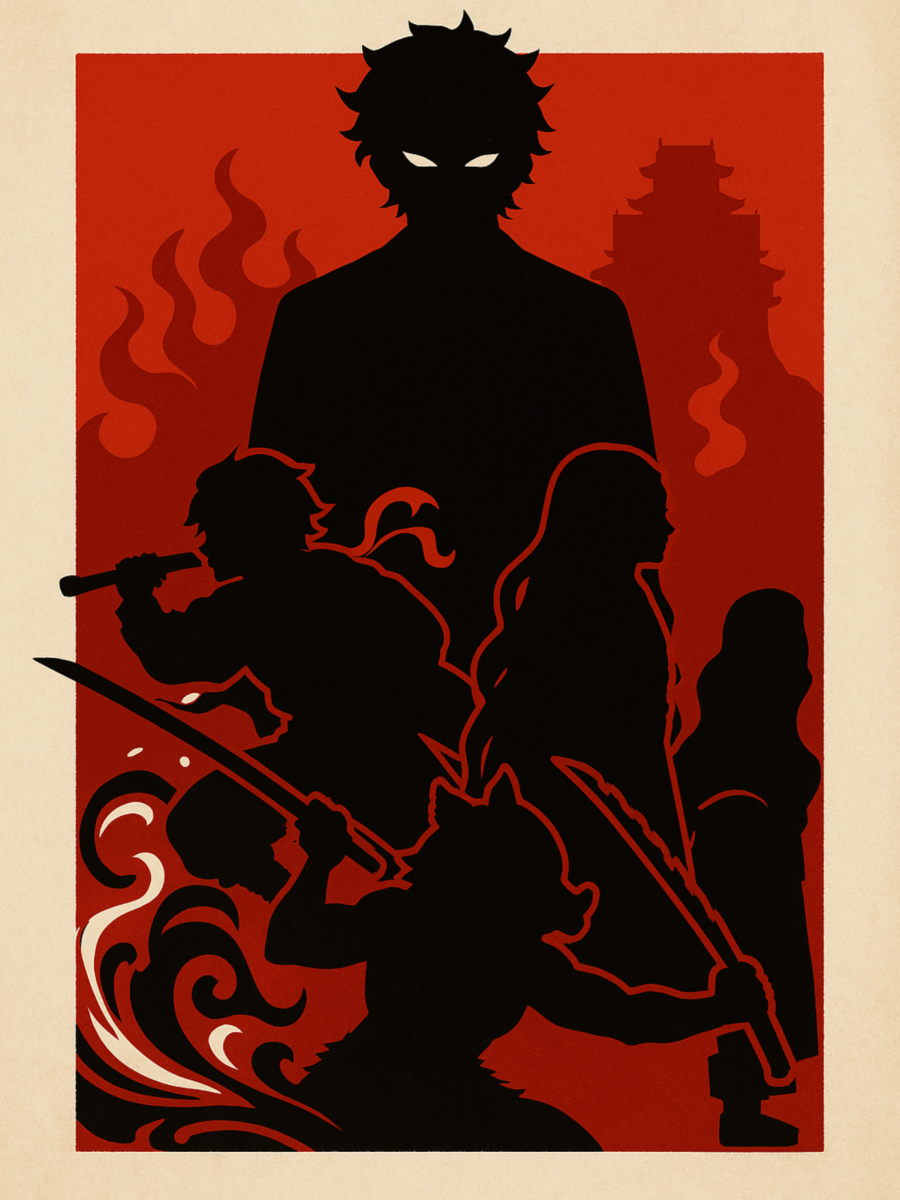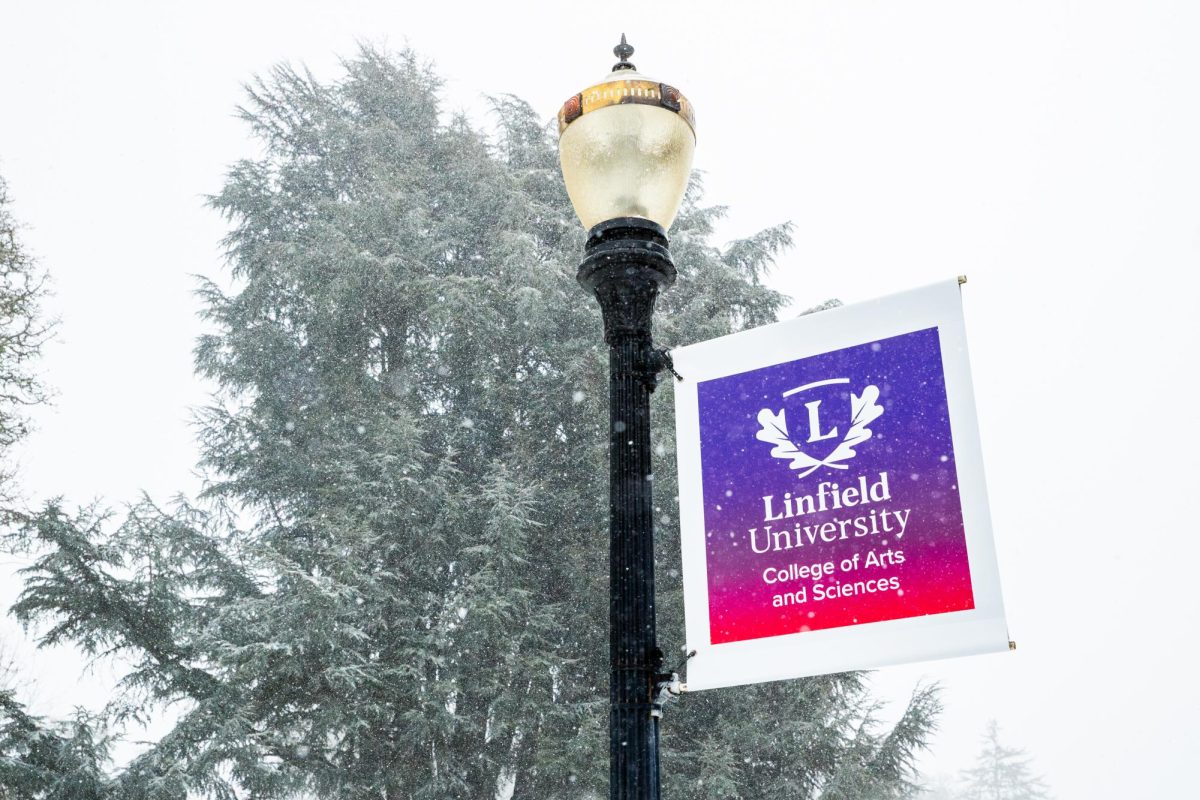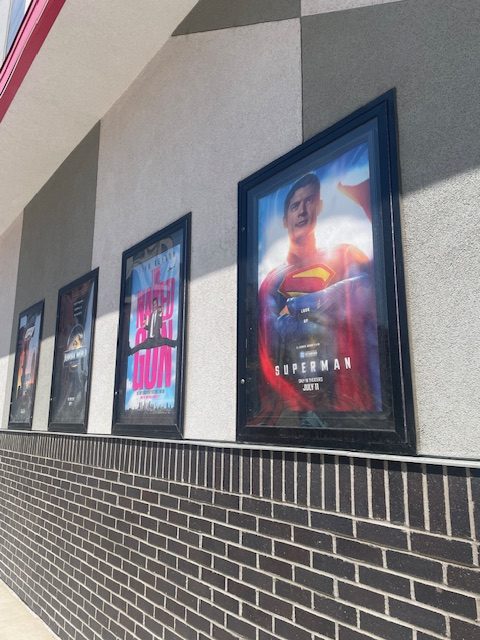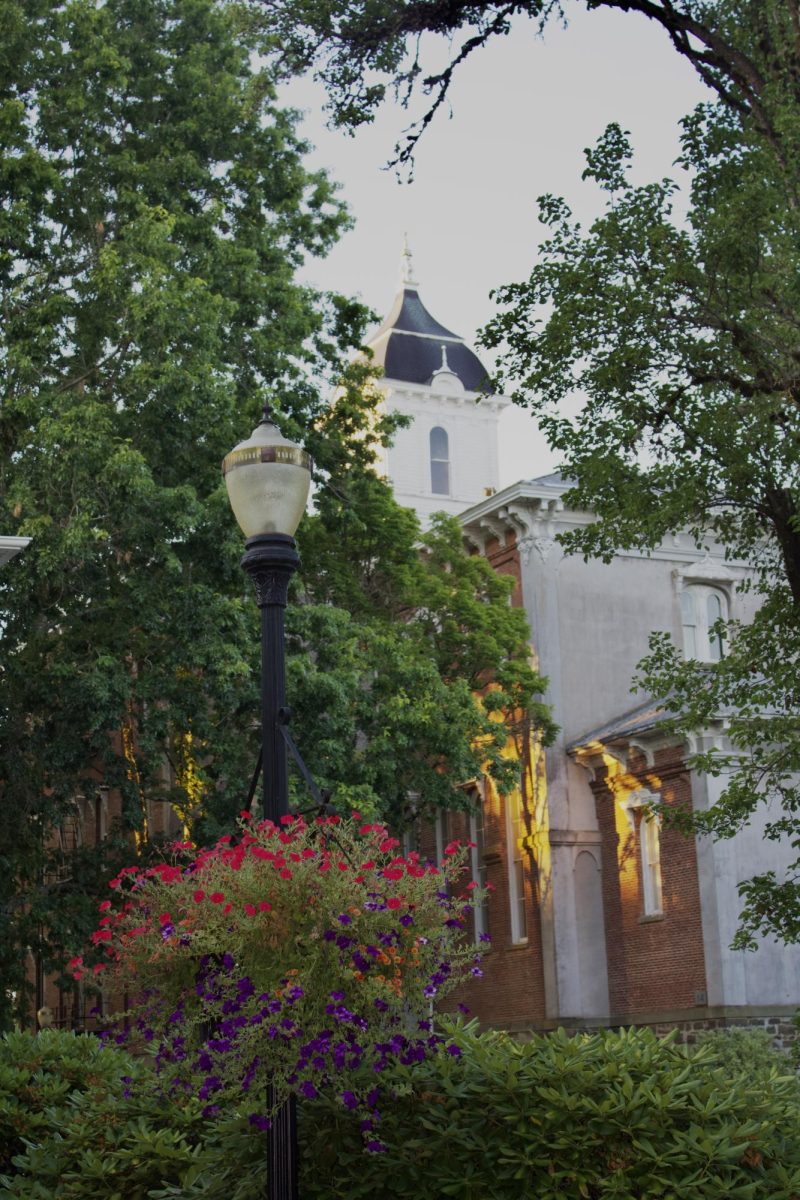Since Artificial Intelligence was first introduced, many professors have worried about students not developing crucial skills as the use of generative AI for assignments skyrocketed. Recently, Linfield University updated its standard syllabus to include an AI clause.
It states: “Unauthorized use of generative AI tools during the preparation and/or submission of academic work is prohibited… Faculty should set clear guidelines… and students should seek clarification… The use of generative AI as part of submitted academic work must be properly documented….”
But is AI as much of a problem now as it was when it was first introduced?
Some students think it’s not, including freshman business management major Davidson Kathman.
“I feel like it’s mellowed down, we don’t really talk about it that much anymore, but the teachers do,” said Kathman. “They are trying to figure out how to work it out in school and with kids.”
Kathman and freshman Peyton Fry agreed that there was not much of an effect on their classroom environment. Worries about generated essays or other dishonest uses are still a very real possibility, though less than before.
AI now appears to be more of a beneficial tool than an underhanded method.
“It allows me to have an outside perspective,” Kathman said. “It explains concepts that the teacher may not have covered or explained themselves.”
Even some professors have come around to using AI as a tool, a big departure from the common anti-AI stance that was once associated with teachers of all levels.
“I’m moving away from being the sole source of information and leaning into being a coach and guide,” said business professor Christopher Dahlvig. “I design assignments that ask students to use AI responsibly, then critique it, improve it or apply it. That way they’re practicing skills employers want – judgment, creativity and problem-solving.”
For some, AI has gone from being the supposed bane of schools to something taught in classes. But not everyone sees AI in a positive light.
“I feel AI can be useful, but personally, I’ve never used it for school,” said Fry. “I think there’s more negative impacts than positive. I think teachers are more aware of cheating and they are more suspicious of everything.”
Even worse, some students feel the purpose of the major they are taking is jeopardized by the popularity of AI.
“It takes away what humans, specifically artists, create. It takes away what I’ve been working for my whole life,” said sophomore digital art major Alondra Briseño. “I want the AI to do side tasks so I can focus on my art, not do the side tasks so the AI can do my art.”
AI’s effects on schools might not be as visible as they were in the past. However, they can still be felt in the present through more subtle uses as a tool and, even now, as a way to cheat. Even how achievable the future one pursues on campus seems to be affected by how one feels about AI.
One thing is clear: AI is here to stay, and school will never be the same.

